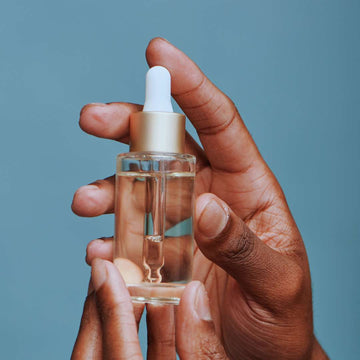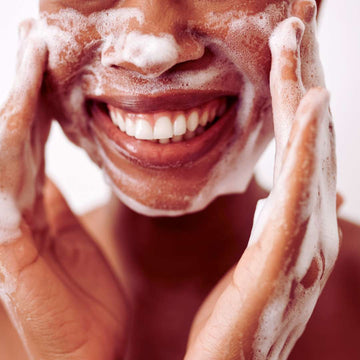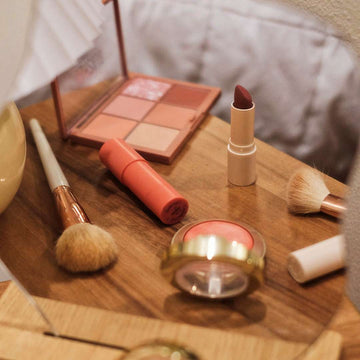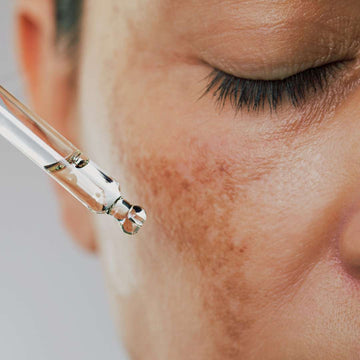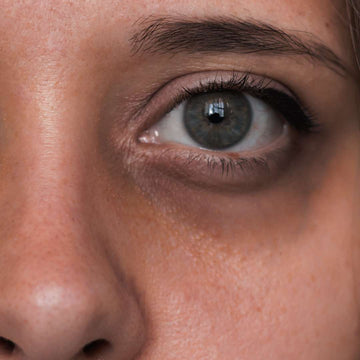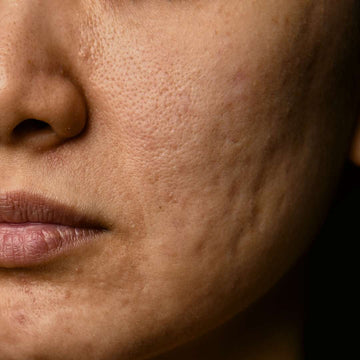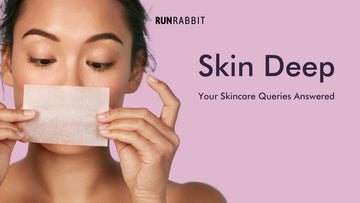Skin Science blog series for you who are hesitant to use skincare products not knowing whether the ingredients used are good for your skin. This series will be your go-to source for understanding the science behind skincare. Let's dive deep into the world of skincare together!
Turn Back Time, Naturally
Retinol (Vitamin A)
Hundreds and hundreds of years ago people went crazy with the urge to find a magical potion that stops aging or simply makes their mundane life infinite. Wait a second! Is it possible? Can we stop the time and live in this moment of youth forever?
Of course, the answer is NO! No, you cannot stop time, nor you can stop aging. But every No has a slight Yes embedded within. Indeed, you cannot stop aging, but you can take care of your skin in a way that you don't look old, instead, you will look 10-15 years younger than your actual age. And this can be done naturally with this miraculous skincare ingredient, RETINOL. We'll dive deep into the science of retinol, its remarkable benefits for your skin, and how to incorporate it into your skincare routine for a youthful, radiant complexion.

What is this magical ingredient?
Retinol is like the superhero of skincare, a form of Vitamin A with many uses in skincare. It's known for its acne fighting powers and its ability to reduce signs of aging. Retinol comes in various forms such as creams, gels, and serums.
How Does This Retinol Really Work?
Retinol works its magic by increasing skin cell turnover and unclogging pores, much like a diligent cleaner removing dirt and debris. It also boosts collagen production, and the skin's support structure, reducing the appearance of fine lines and wrinkles. Regular use can lead to fresher, plumper-looking skin, as if you've turned back time and found the fountain of youth.
Benefits of Retinol
-
Treats acne by preventing clogged pores and reducing inflammation, like a skilled problem-solver fixing a troublesome issue.
-
Improves the appearance of acne scars, dark spots, and large pores, giving your skin a smoother, more even tone.
-
Fades wrinkles and fine lines by increasing collagen production, like a skilled artisan restoring a masterpiece to its former glory.
How to Use Retinol Effectively?
Start with a patch test to check for any adverse reactions. Begin with a pea-sized amount every other day, gradually increasing frequency as your skin adjusts. Always apply at night and follow with a non-comedogenic moisturizer to keep your skin hydrated and happy.
How to React to Adverse Effects If There's Any?
Temporary side effects include dryness, irritation, and redness, much like a sunburn that fades with time. To manage these, use sunscreen during the day, apply moisturizer, and adjust application frequency as needed. Think of it as a gentle dance, finding the right rhythm for your skin's needs.
Is Retinol Right for You?
Consult a dermatologist to determine if retinol is suitable for your skin type and concerns. Avoid retinol if you have sunburn, broken skin, or skin irritations.
While we can't stop aging, we can certainly take steps to maintain youthful-looking skin. Incorporating retinol into your skincare routine can significantly improve the appearance of your skin, giving you a radiant and more youthful complexion.
"Start slow, listen to your skin, and enjoy the benefits of this remarkable skincare ingredient."
It's like giving your skin a time-traveling treat, turning back the clock to reveal a younger, fresher you.










